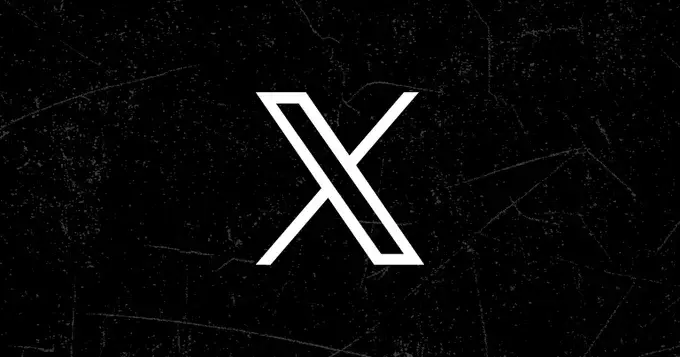Elon Musk’s management of social media platform X (formerly known as Twitter) presents a striking conundrum that juxtaposes his purported commitment to free speech against an increasingly selective approach to censorship. Recent events in Turkey, where the government undertakes measures to suppress dissent, reveal a troubling trend: Musk’s company appears willing to capitulate to government pressures, particularly in regions where his business interests are at stake. As opposition voices are silenced, the integrity of democratic discourse is called into question, casting a shadow on Musk’s proclaimed value of open communication.
The Context of Turkish Unrest
Recent developments in Turkey have ignited widespread unrest following the controversial arrest of Istanbul Mayor Ekrem İmamoğlu, a prominent figure challenging the reign of President Tayyip Erdoğan. In response to these mounting protests, the Turkish government has sought to curtail the online activities of dissenters, particularly through social media channels that could amplify opposition messages. X has been implicated in this censorship, suspending numerous accounts that were affiliated with activists and universities, stifling grassroots organizing, according to reports from analysts such as Yusuf Can of the Wilson Center’s Middle East Program.
This situation illustrates a critical intersection of politics and technology, where platforms ostensibly designed to facilitate free expression are wielded as tools of oppression in the hands of authoritarian regimes. By siding with governmental demands in Turkey, Musk’s X raises serious ethical concerns regarding the balance between corporate interests and civic liberties.
Inconsistent Responses to Governance
Musk’s responses to governmental authorities have exhibited a marked inconsistency. In May 2023, X complied with Turkish officials, restricting access to certain posts—a move that drew ire from advocates of free speech who viewed it as blatant censorship. Musk defended this compliance by asserting that the alternative would be a total ban on the platform within Turkey, yet this argument rings hollow when juxtaposed against X’s more defiant stance towards other governments.
For instance, in a starkly different scenario in Brazil, X faced a ban after resisting a court order, leading Musk to publicly chastise Brazilian officials for their perceived suppression of free speech. Similarly, X has pursued legal action against the Indian government over demands for content removal, presenting a narrative of resistance to state interference in those cases. The question remains: why does Musk choose to comply with Turkey’s censorship while opposing it elsewhere?
The Influence of Business Relationships
A plausible explanation for Musk’s differential treatment lies in his business dealings in Turkey. The potential establishment of a Tesla factory and partnerships for xAI and Starlink projects suggest that Musk may prioritize these lucrative relationships over the implications of censorship for Turkish democracy. This utilitarian calculus raises alarm bells about the implications of corporate interests on the fundamental tenets of free expression.
While Musk’s commitment to social media as a bastion of free speech is championed, his business motivations may compromise that ethos. The need to cultivate favorable relationships with authoritarian regimes for economic gain can lead to ethical compromises that adversely affect vocal opposition, thereby eroding democratic ideals.
The Broader Implications for Democracy
The inconsistency in X’s approach to government requests underscores a critical challenge in the digital landscape. Social media platforms wield immense power over public discourse, shaping narratives and influencing political landscapes worldwide. When these platforms capitulate to state demands, they do more than simply censor; they undermine the very fabric of democracy, curtailing citizens’ rights to information and assembly.
Musk’s apparent willingness to conform to authoritarian demands, especially in significant markets like Turkey, sends a troubling signal about the future of social media as a tool for liberation rather than control. As governments increasingly leverage their authority to suppress dissent, the responsibility falls on companies like X to remain steadfast in their commitment to free speech, irrespective of business motivations.
Through this lens, Musk’s X teeters perilously on the edge of complicity in the erosion of democratic freedoms, revealing a need for reconsideration of how power dynamics between governments and tech platforms will shape the future of civic engagement.

